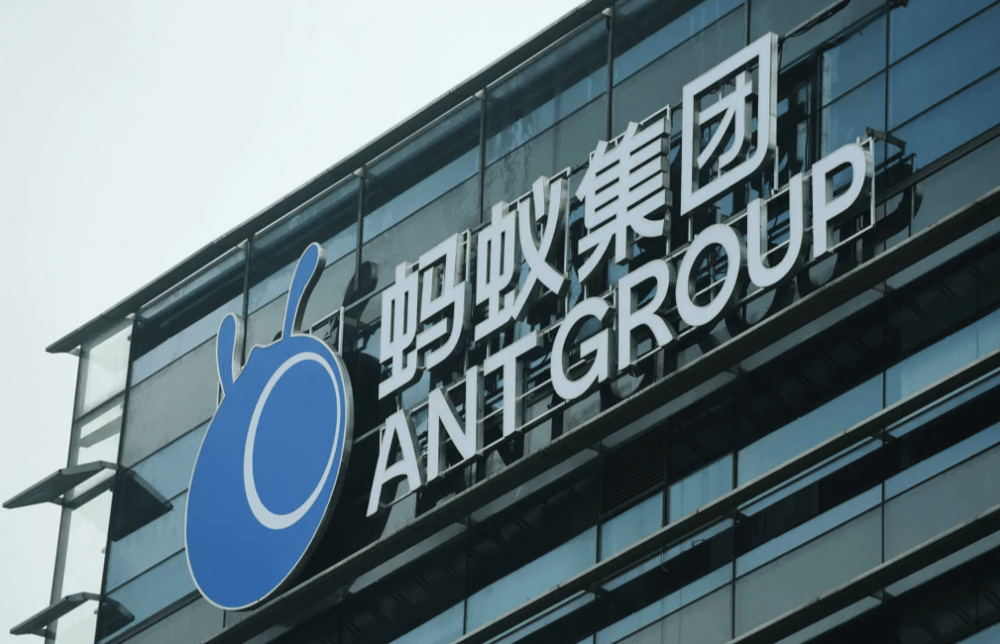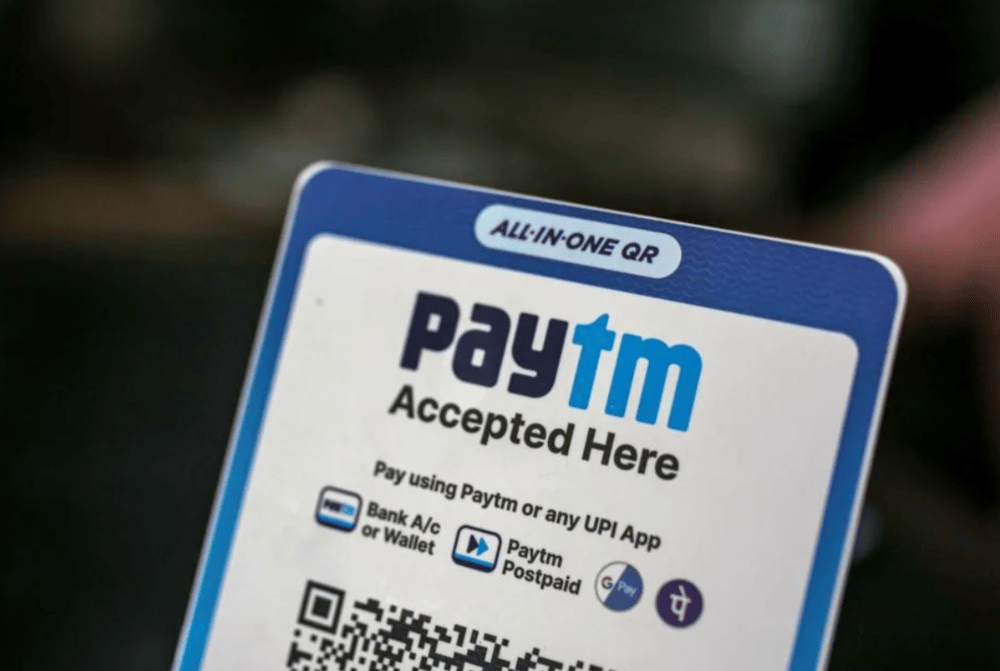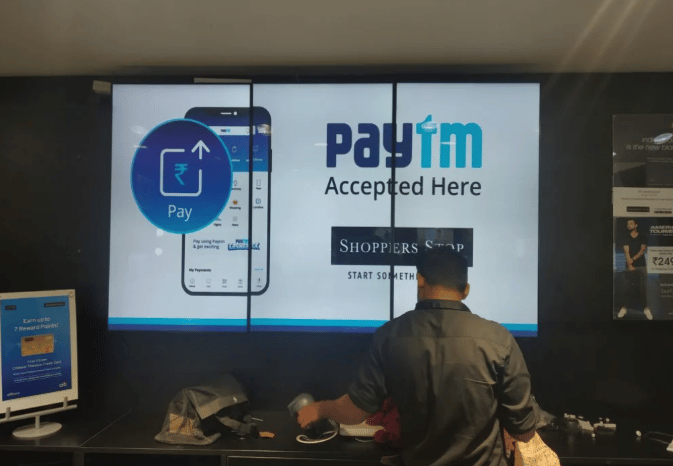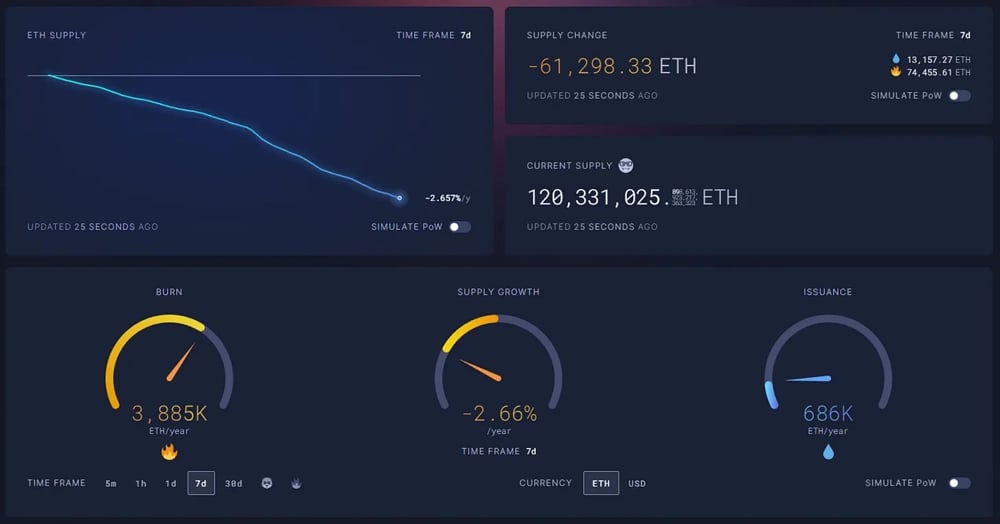Ant Group Sells 4% Stake in Paytm for $242 Million: Implications for Both Companies and the Indian Fintech Market

In a significant move, Ant Group, the Chinese fintech giant, has decided to sell a 4% stake in the Indian payment platform Paytm $PAYTM.NS for $242 million. This sale, reported on Monday by Reuters, is part of Ant Group's ongoing strategy to streamline its investment portfolio, while also marking a critical moment for Paytm's position in India's competitive fintech sector.
Ant Group’s decision to divest this portion of its holding in Paytm raises important questions about the future trajectory of the Indian payments market, the financial stability of Paytm, and the broader implications for Chinese firms operating in India. In this article, we delve deeper into the context of this sale, the reasons behind it, and the potential consequences for both companies involved.
The Background of the Transaction: What’s Behind Ant Group’s Sale of Paytm Shares?
The sale of shares by Ant Group, which holds a significant portion of Paytm, is a noteworthy development in the Indian fintech industry. Paytm, which went public in late 2021, has faced several challenges, including volatility in its stock price and pressure to demonstrate consistent growth. Ant Group's decision to reduce its stake could be a response to these challenges, as well as a part of its broader efforts to comply with regulatory restrictions and refine its global investments.

Key Factors Influencing the Transaction:
Regulatory Scrutiny and Challenges in India: The strained geopolitical climate between China and India has put pressure on Chinese companies operating in India. With increasing scrutiny of foreign investments and the changing regulatory landscape, Ant Group might be adjusting its holdings to avoid potential future risks.
Stock Price Volatility: Paytm’s stock performance has been volatile since its IPO, leading to questions about the platform’s ability to meet the expectations set at the time of listing. This instability may have prompted Ant Group to reevaluate its investment.
Strategic Refocusing: Ant Group has been reorienting its global portfolio in recent years, divesting stakes in several high-profile companies as part of a broader restructuring. This sale of Paytm shares could be a move to optimize its holdings.
Impact of the Transaction:
Ant Group’s Financial Position: The sale of 4% of its stake in Paytm brings in $242 million for Ant Group, providing liquidity that could be used for other strategic investments or debt reduction.
Paytm’s Financial Outlook: Although the sale could be seen as a vote of no confidence by Ant Group, it does not necessarily reflect the overall outlook for Paytm. The company still holds a dominant position in India’s digital payments space, and the sale may not substantially impact its operations or long-term viability.

The Paytm Context: Analyzing the Indian Fintech Giant’s Market Position
Paytm, the Indian digital payments and financial services company, has been a trailblazer in India's fintech landscape. Founded in 2010, the company rapidly expanded its product offerings, from mobile wallets to banking services, and became one of the most recognized brands in the country.
However, since going public in 2021, Paytm has encountered a series of challenges, including a below-expectations debut on the stock market, ongoing profitability concerns, and increased competition from other fintech players. This stake sale by Ant Group comes at a critical juncture for Paytm, as it seeks to stabilize its operations and regain investor confidence.
Key Aspects of Paytm’s Situation:
Stock Performance: Paytm's share price has struggled since its IPO, reflecting investor concerns over its profitability and its ability to compete with other well-funded players in India’s digital payments space, such as PhonePe and Google Pay.
Competition in the Digital Payments Market: The Indian digital payments sector is highly competitive, with multiple companies vying for market share. Paytm’s ability to retain its leadership position will depend on its ability to scale its offerings and expand beyond payments into other financial services.
Regulatory Environment: Like other fintech companies in India, Paytm must navigate a complex regulatory environment, especially with the Reserve Bank of India’s (RBI) stringent policies on digital financial products and services.
Current Market Position:
Dominant in Payments: Despite challenges, Paytm remains one of India’s leading digital payment platforms, with a large user base and high transaction volume.
Diversification into Financial Services: Paytm has expanded its offerings to include wealth management, insurance, and lending services, attempting to capture a larger share of the Indian financial services market.
Profitability Challenges: Paytm has struggled to turn a profit, and it will need to improve its business model to attract and retain investors.

Implications for the Indian Fintech Market: A New Phase of Competition
The divestment of shares by Ant Group in Paytm is a significant moment for the Indian fintech market. While this move may signal Ant Group’s retreat, it could also indicate shifting dynamics within India’s digital payments ecosystem. Paytm, which once stood out as the primary player, now faces intense competition from both domestic startups and global giants.
Possible Effects of the Transaction on the Indian Fintech Market:
Greater Competition: With competitors like PhonePe, Google Pay, and newer entrants constantly innovating, Paytm will need to work harder to maintain its market position and user base.
Foreign Investment Scrutiny: Ant Group's decision to sell its stake could lead to more scrutiny of foreign investments in Indian fintech companies, especially as geopolitical tensions continue to shape policy decisions.
Investor Confidence: This sale may affect investor confidence in Paytm, especially if it is perceived as a sign of Ant Group’s diminishing trust in the company. However, if Paytm can demonstrate strong growth and a path to profitability, it may recover.
Conclusion: Navigating a Changing Landscape
The sale of a 4% stake in Paytm by Ant Group marks a key development for both companies and the Indian fintech sector. While it raises questions about the future of Paytm and the nature of its relationship with its major investor, it also reflects the ongoing shifts within India’s rapidly evolving digital payments market. Paytm will need to respond effectively to growing competition, regulatory challenges, and investor expectations if it hopes to maintain its leadership position in the fintech space.
In the coming months, both Paytm and Ant Group will likely face continued scrutiny, and how each adapts to the changing landscape will be pivotal in determining their future success.














Comments